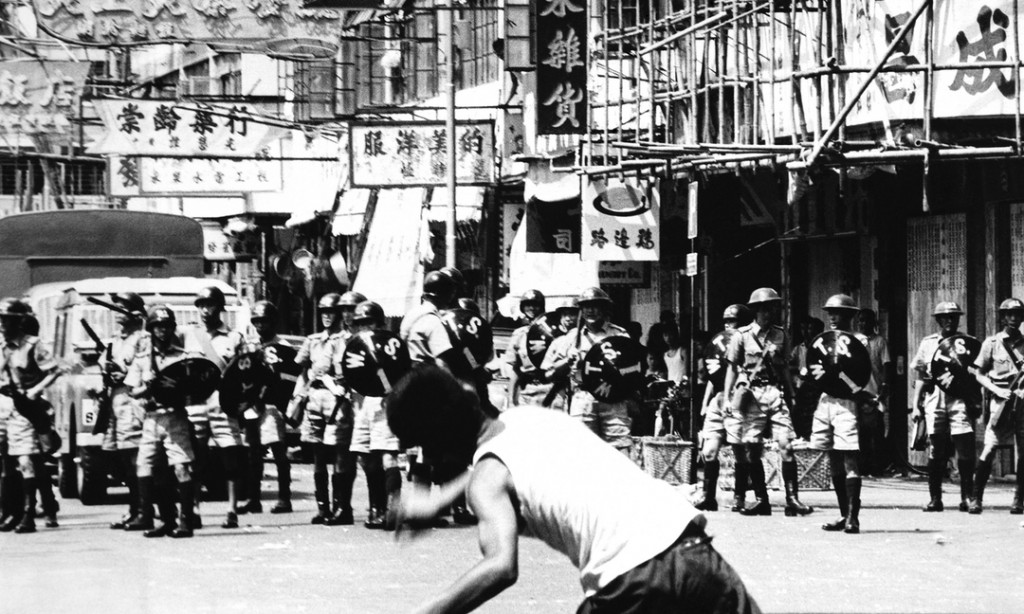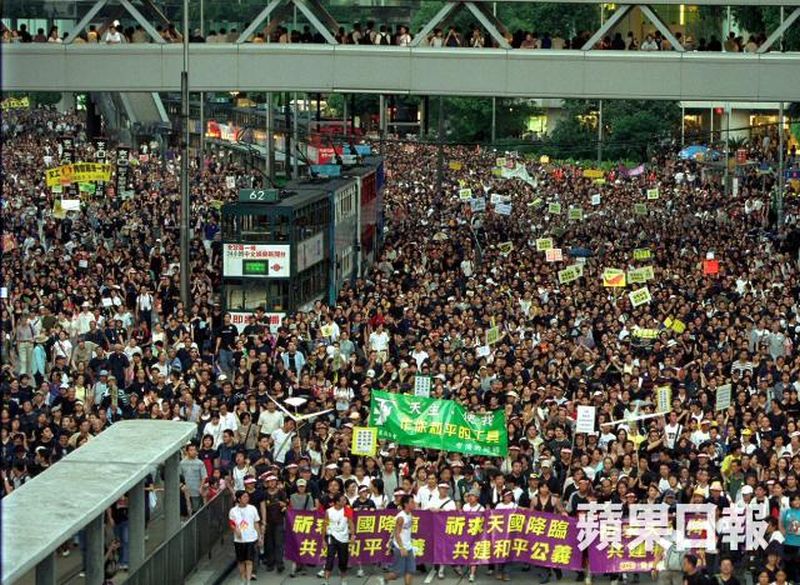I suppose that attacking people for what they have not said rather than for their real arguments could be taken as a sign of both sharp rhetorical practice and of a very weak case.
A few months ago, it was suggested, mendaciously, that I had attacked judges in a case involving Joshua Wong and his colleagues. Now I am accused of attacking the judges in the case of Edward Leung and his sentencing for riot.

On the first occasion, I criticised an unwise political decision made, for whatever reason, by the Secretary for Justice to review sentences handed down by a magistrate. After an Appeal Court Ruling, the case was eventually heard by the Court of Final Appeal. The Court reduced the sentence imposed by the Appeal Court.
More recently, I criticised not the sentences imposed on Edward Leung (though many have understandably done so), but the existence and use in this case of a Public Order Ordinance which is a direct contravention of the International Covenant on Civil and Political Rights to which the Hong Kong government is allegedly committed under the Basic Law.
The history is instructive. In 1967, the so-called Cultural Revolution riots led to over fifty deaths (including children, journalists and police officers) and several bombings. The then-government pursued emergency public order legislation to cope with the violence which was encouraged by the PRC government and local United Front Communist activists. There was of course an official enquiry.

I am not aware of cases where this legislation was used later than this by the colonial government, but the law was amended several times (for example in 1980, 1986 and 1991).
In the mid-1990s, as I wrote in a book East and West in 1998: “after months of attempting fruitlessly to get their agreement to our major legislative proposals for bringing Hong Kong’s civil liberties legislation into line with the International Covenant and the Bill of Rights, we went ahead unilaterally with our bills. We had promised to do this, and I did not want Britain to be in the position of having to stand by after 1997 while old and unsatisfactory colonial legislation was used by the government to restrict the civil liberties of Hong Kongers.”
The incoming government, egged on by Beijing, scrapped these changes drawing widespread criticism for what they proposed instead and denying that their new rules would be used in contravention of the UN Covenant. We see what is now happening.
My position is exactly the same as that of the UN Human Rights Committee, which said in its report on Hong Kong in 2013: “The Committee is concerned about (a) the application in practice of certain terms contained in the Public Order Ordinance, inter alia, ‘disorder in public places’ or ‘unlawful assembly’, which may facilitate excessive restrictions to the Covenant rights, (b) increasing numbers of arrests of and prosecutions against demonstrators; and (c) the use of camera and video-recording by police during demonstrations.”
My own views are identical to these. The Hong Kong government should explain why it does not abide by the UN Convention. It is no wonder that many fear that the next step will be to introduce legislation on subversion.

Three final thoughts.
First, I would take lectures on the Rule of Law more seriously if they came from someone who had criticised the abduction of people in Hong Kong by Beijing security officials in flagrant breach of the law and of Hong Kong’s autonomy.
Secondly, who was it who – like the People’s Daily – condemned the impartiality of the judicial system (and the presence in Hong Kong’s courts of non-Chinese judges) after the sentencing of seven police officers who assaulted a campaigner for democracy. This was not done by human rights groups or Hong Kong’s millions of friends around the world.
Third, if there is no nervousness in Hong Kong about the squeeze on local autonomy and the undermining of basic freedoms, why do so many of Hong Kong’s most respected older and younger citizens tell a different story, and what accounts for current views on emigration from Hong Kong.
I still believe in Hong Kong and its future under the Rule of Law. Presumably the government wishes to demonstrate that it shares my view. If so, it should act and speak to make this clear. This would help secure its often avowed intention of securing Hong Kong as a hub for the Rule of Law in Asia.
